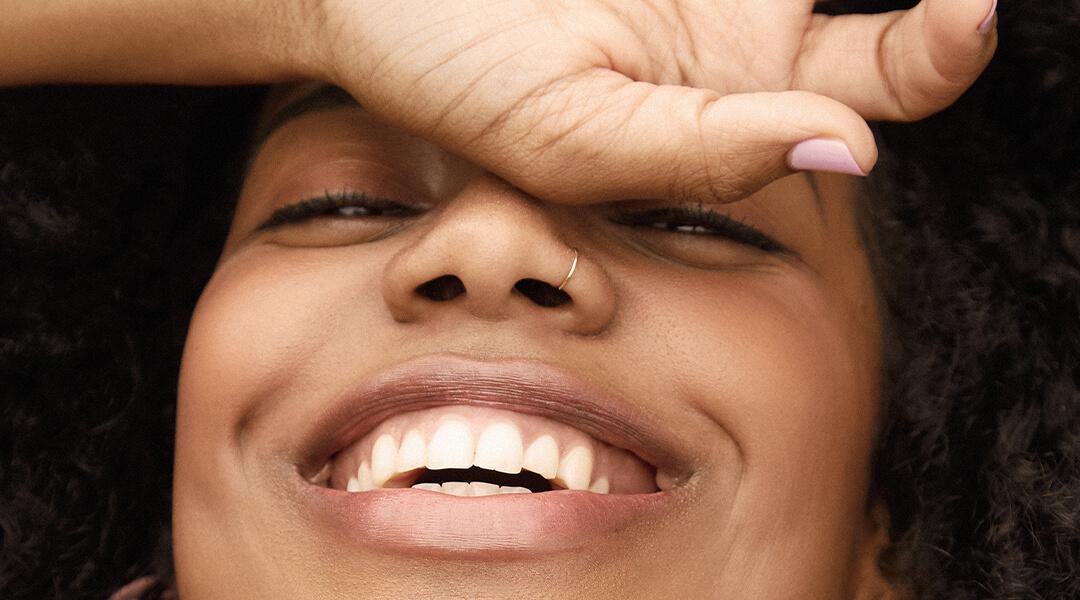Meet Bakuchiol, the Natural Alternative to Retinol



Kate Foster Kaplove


You’ve probably heard about retinol. Like, a lot about it: how it's a vitamin A derivative, how it’ll reverse fine lines and wrinkles, help boost collagen production, smooth your complexion’s texture, clear up hyperpigmentation, and basically turn your skin into that of a baby unicorn. There’s just one problem: It’s common to see redness, irritation, and flaking when adjusting to retinol products, especially if you have sensitive skin to begin with.
Thankfully, there’s a new, completely natural retinol alternative in town that’s not known to cause these side effects. Introducing bakuchiol, the newest ingredient in your skincare routine.
It's about glam time you treated yourself.
Join IPSY

So, What Is Bakuchiol?
“Bakuchiol is a retinol-like alternative obtained from the seeds of the Psoralea corylifolia plant,” says Jennifer Chwalek, MD, a dermatologist at Union Square Laser Dermatology in New York City. “Despite being structurally similar, it’s not associated with the irritation typically seen with retinols.”
The Benefits of Bakuchiol for Skin
We know that bakuchiol is considered a natural alternative to retinol and has a shorter list of side effects. But are its advantages identical? The derms we interviewed say these are the benefits you can expect to see.
Improvement of fine lines and wrinkles. Though most dermatologists continue to recommend retinol—it’s extremely well-studied and has been the gold-standard anti-aging ingredient for decades—studies show that bakuchiol improves wrinkles and pigmentation issues just as dramatically.
Reduction in age spots and hyperpigmentation. “Bakuchiol is also an antioxidant that’s been proven to help with oxidative stress,” says New York City-based dermatologist Dendy Engelman, MD. So not only does it lighten and shrink existing dark spots, it also combats skin cell stress that causes new ones, she says.
Increased skin firmness. “Studies have confirmed that bakuchiol upregulates similar collagen genes as retinol,” says Dr. Chwalek. With regular use, this could mean tighter, more elastic skin.
More hydrated skin. Bakuchiol mimics the effects of hydrating vitamin E, which is known to moisturize and nourish the skin.
Fewer breakouts. Many retinol users also note a reduction in acne. The same goes for bakuchiol, which fights both the inflammation and bacteria associated with pimples, says Dr. Engelman.
What Skin Type is Bakuchiol Best For?
Anyone who wants to treat or prevent signs of aging—like the appearance of fine lines, age spots, or a loss of firmness—can reap the perks of this miracle plant in their skincare products. “This is especially true if you have sensitive skin or have ever experienced redness, burning, and scaling with topical retinol,” says Chwalek.
Are There Any Side Effects?
“There are no known drawbacks or side effects of bakuchiol, but any product can potentially cause irritation, depending on what other ingredients are involved,” says Chwalek.
How to Use Bakuchiol
“Use it like you would your retinoid,” says Caren Campbell, MD, a dermatologist based in San Francisco. Introduce bakuchiol into your routine slowly, especially if you have sensitive skin. Apply a small amount at night one to two times per week, then increase to two to three times per week over the next month. If you don’t notice any signs of irritation, you can go up to a nightly dose after two to three months.
Another significant point in bakuchiol’s favor: Chwalek says it’s completely safe to use alongside your favorite chemical exfoliators and acne treatments with benzoyl peroxide. Easiest ingredient to add to your skincare routine ever? Check.
Have you ever tried a product with bakuchiol? Tell us all about the results! Want in on all the Glam Bag fun? Take our Beauty Quiz now to get started. And don’t forget to check us out on Instagram and Twitter @IPSY.
Liked this post? Share!
Related Stories


Ingredient Index
Why Argan Oil Is the Versatile Ingredient Everyone Needs in Their Beauty Routine
Published on Oct 15, 2025 • 8 min read


Ingredient Index
Every Skincare Ingredient You Should (and Shouldn’t!) Use With Vitamin C
Published on Oct 2, 2025 • 9 min read


Ingredient Index
No, Not All Peptides Are the Same, But All Are Beneficial
Published on Aug 12, 2025 • 4 min read


Ingredient Index
Top Anti-Inflammatory Ingredients to Soothe Irritated Skin
Published on Aug 5, 2025 • 6 min read


Ingredient Index
Iron Oxides Are the Skin-Protecting Ingredients Your Routine Has Been Waiting For
Published on Mar 14, 2022 • 3 min read


Ingredient Index
Galactomyces Is the Latest Skincare Ingredient You’re About to See Everywhere
Published on Jul 10, 2025 • 3 min read


Ingredient Index
Everything to Know About the Gentle Healing Ingredient Bisabolol
Published on Jul 10, 2025 • 6 min read


Ingredient Index
Yes, You Should Be Using Adapalene If You Have Acne
Published on Jul 10, 2025 • 4 min read


Beauty Picked Just for You
Get 5 products worth up to $70
Plus exclusive access to epic deals up to 80% off
Starting at just $14/month. Cancel anytime.